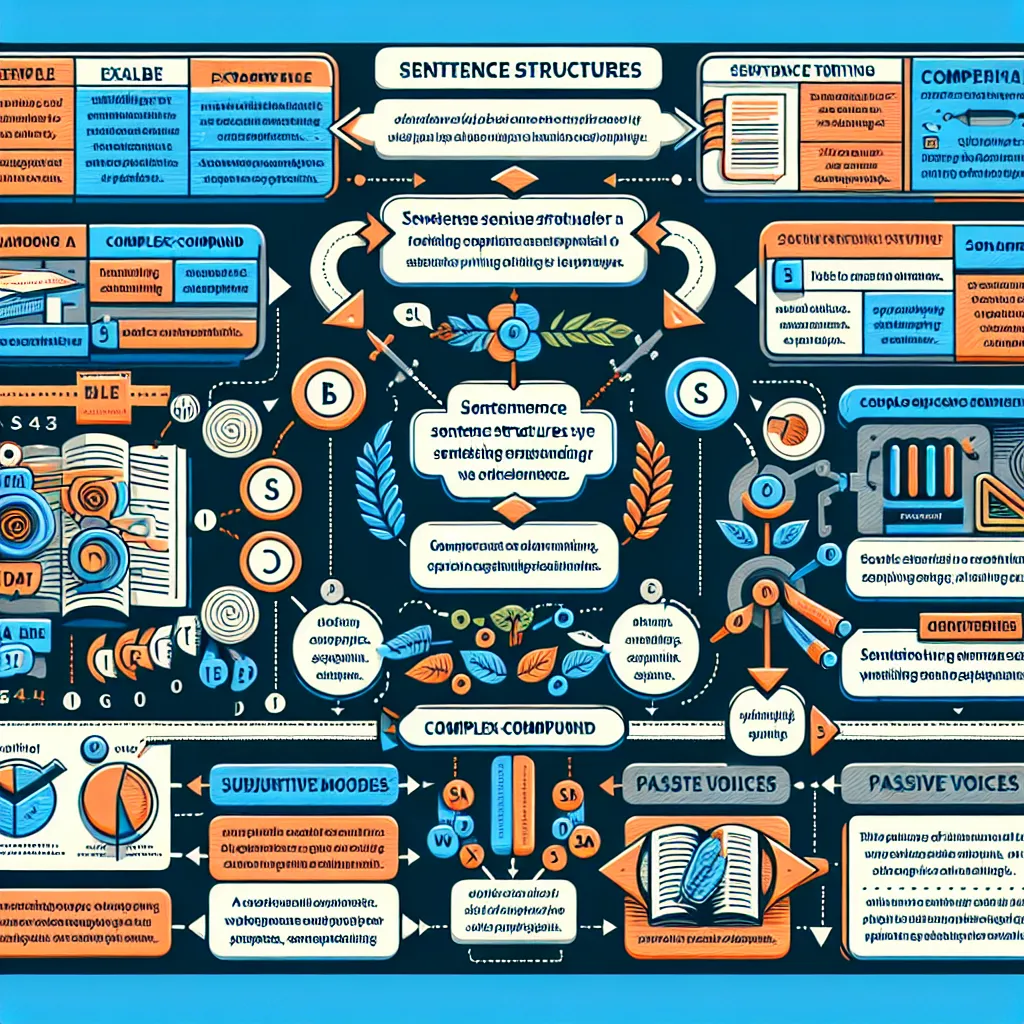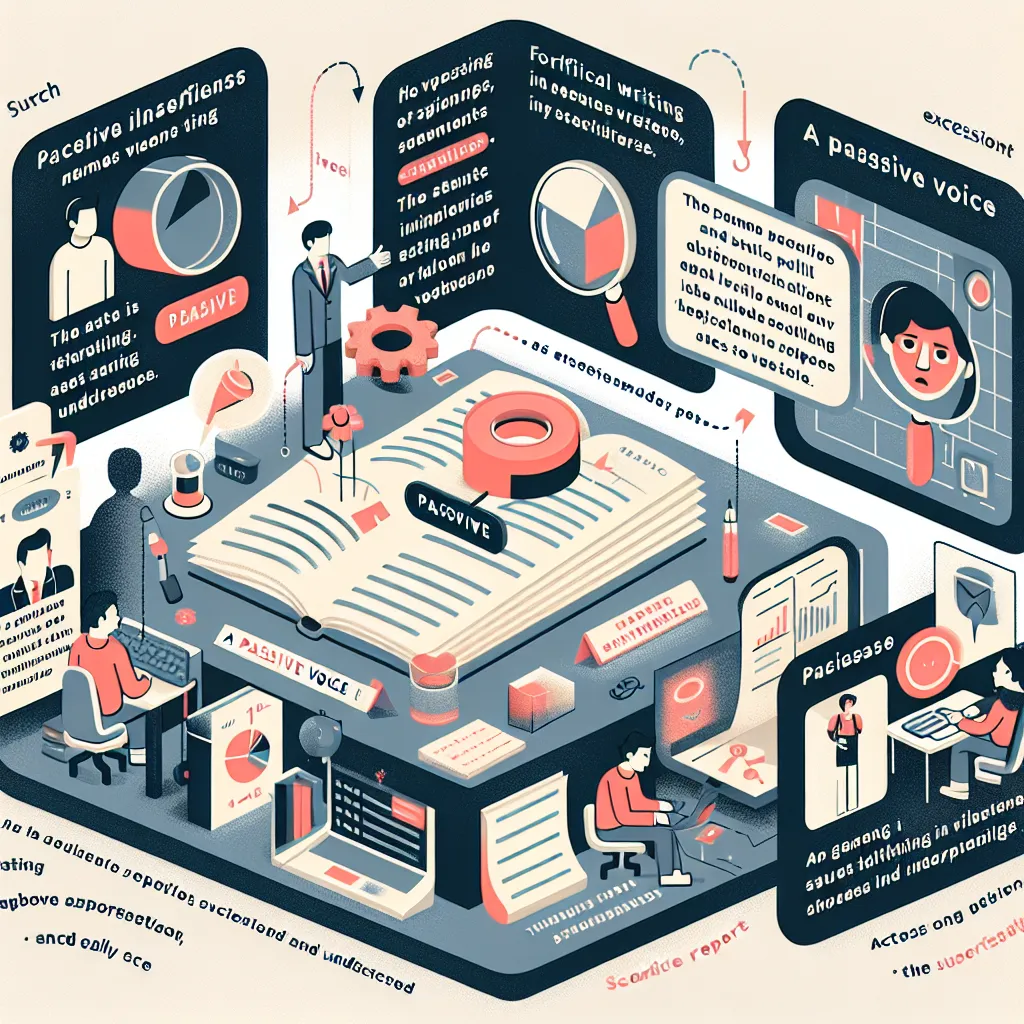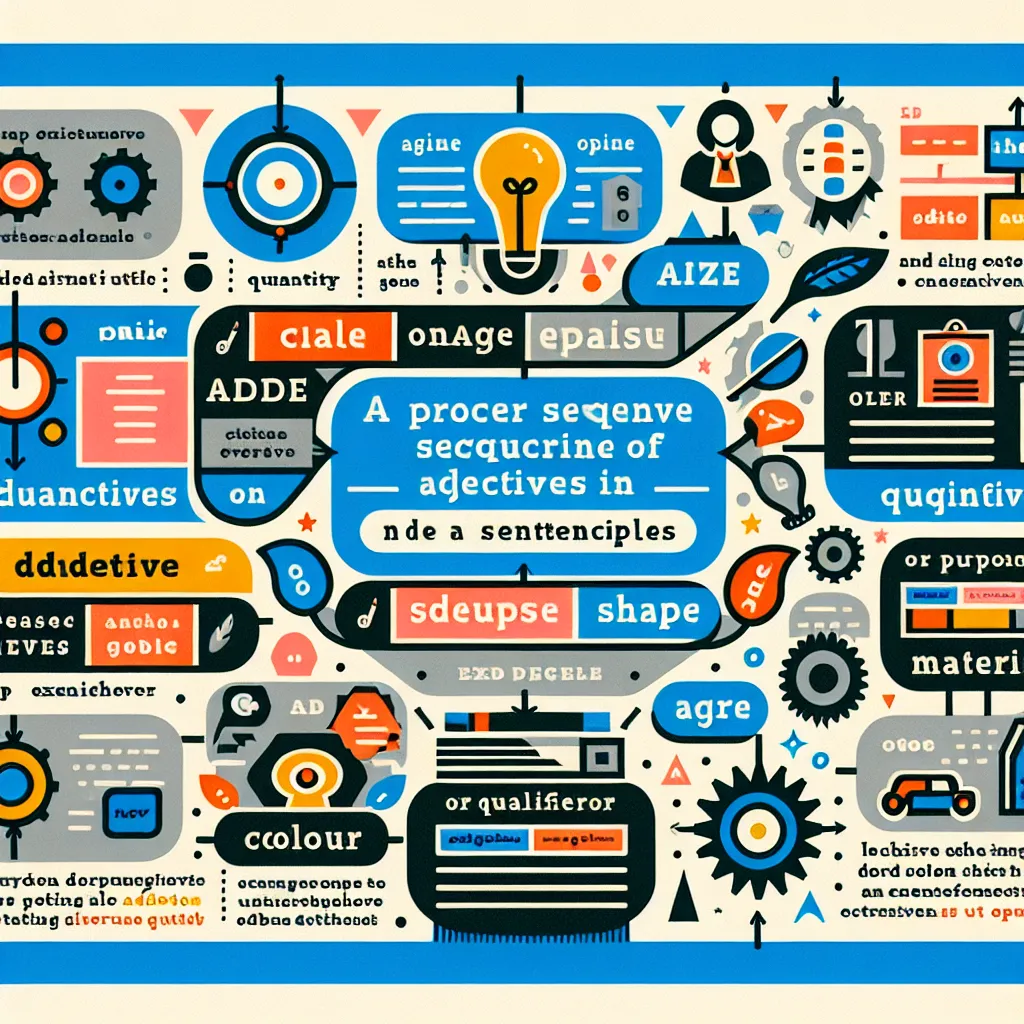Professional writing requires a mastery of advanced sentence structures to convey complex ideas clearly and persuasively. Whether you’re drafting a business proposal, academic paper, or technical report, employing sophisticated sentence forms can elevate your writing and enhance your credibility. This guide will explore various techniques to incorporate advanced sentence structures into your professional writing, helping you communicate more effectively and impressively.
Understanding the Importance of Advanced Sentence Forms
Advanced sentence forms are crucial in professional writing for several reasons:
- They allow for more nuanced expression of ideas
- They demonstrate a high level of language proficiency
- They can make writing more engaging and less monotonous
- They help in presenting complex information in a coherent manner
By mastering these structures, you can significantly improve the quality and impact of your professional communications.
 Advanced sentence structures in professional writing
Advanced sentence structures in professional writing
Types of Advanced Sentence Structures
1. Complex Sentences
Complex sentences combine an independent clause with one or more dependent clauses. They’re excellent for showing relationships between ideas.
Example: “While the project faced initial setbacks, the team’s perseverance ultimately led to its success.”
2. Compound-Complex Sentences
These sentences contain two or more independent clauses and at least one dependent clause, allowing for the expression of multiple related ideas.
Example: “Although the market was volatile, our company maintained its growth, and our competitors struggled to keep pace.”
3. Periodic Sentences
Periodic sentences build suspense by placing the main clause at the end, after dependent clauses or phrases.
Example: “With careful planning, diligent execution, and unwavering commitment to quality, our team achieved unprecedented success.”
4. Cumulative Sentences
These sentences begin with an independent clause and add phrases or clauses that provide additional information.
Example: “The new policy will be implemented immediately, affecting all departments, requiring extensive training, and potentially reshaping our organizational structure.”
Incorporating Advanced Sentence Forms in Your Writing
To effectively use advanced sentence forms in your professional writing, consider the following strategies:
-
Vary sentence structure: Alternate between different types of sentences to maintain reader interest and improve flow.
-
Use subordinating conjunctions: Words like “although,” “because,” and “while” can help create complex sentences that show relationships between ideas.
-
Employ transitional phrases: Phrases like “In addition,” “On the other hand,” and “Consequently” can help connect ideas and create more sophisticated sentence structures.
-
Practice parallelism: Ensure that similar ideas within a sentence have similar grammatical structures.
-
Utilize appositives: These noun phrases can add detail to your sentences without creating new clauses.
Example incorporating these strategies:
“Despite initial skepticism, our innovative approach, which combined cutting-edge technology with traditional methodologies, proved highly effective, resulting in a 30% increase in productivity and garnering industry-wide recognition.”
Common Pitfalls to Avoid
While using advanced sentence forms can enhance your writing, be cautious of these common mistakes:
-
Overcomplication: Don’t use complex structures just for the sake of it. Clarity should always be your primary goal.
-
Run-on sentences: Ensure that your complex sentences don’t become too long or convoluted.
-
Lack of variety: While advanced structures are valuable, don’t neglect simpler forms entirely. A mix of sentence types creates the most engaging writing.
-
Misuse of punctuation: Pay close attention to commas, semicolons, and other punctuation marks when constructing complex sentences.
-
Losing coherence: Make sure that your sophisticated sentences still maintain a clear and logical flow of ideas.
Practical Exercises to Improve Your Skills
To master advanced sentence forms, try these exercises:
-
Sentence combining: Take several simple sentences and combine them into one complex or compound-complex sentence.
-
Sentence expansion: Start with a basic sentence and add clauses, phrases, and modifiers to create a more sophisticated structure.
-
Rewriting: Take a paragraph from a professional document and rewrite it using more advanced sentence forms.
-
Analysis: Study well-written professional documents in your field, noting the sentence structures used and how they contribute to the overall effectiveness of the writing.
-
Peer review: Exchange writing samples with colleagues and provide feedback on sentence structure and complexity.
Advanced Grammar for Specific Professional Contexts
Different professional contexts may require specific types of advanced sentence structures. For instance, policy writing often demands precise and unambiguous language, while marketing copy might employ more dynamic and persuasive structures.
Additionally, mastering advanced tense sequences can be particularly important in fields like law or finance, where precise timing and sequence of events are crucial.
Conclusion
Incorporating advanced sentence forms into your professional writing is a powerful way to enhance your communication skills and make your documents more impactful. By understanding and practicing these structures, you can convey complex ideas more effectively, demonstrate your language proficiency, and create more engaging and persuasive professional content.
Remember, the key is to use these advanced forms judiciously, always prioritizing clarity and coherence. With practice and attention to detail, you’ll be able to craft sophisticated, professional-level writing that stands out in any business or academic context.
We encourage you to start implementing these techniques in your next professional writing task. Share your experiences or ask questions in the comments below, and don’t forget to explore our other articles on improving advanced grammar comprehension for more insights into refining your language skills.




